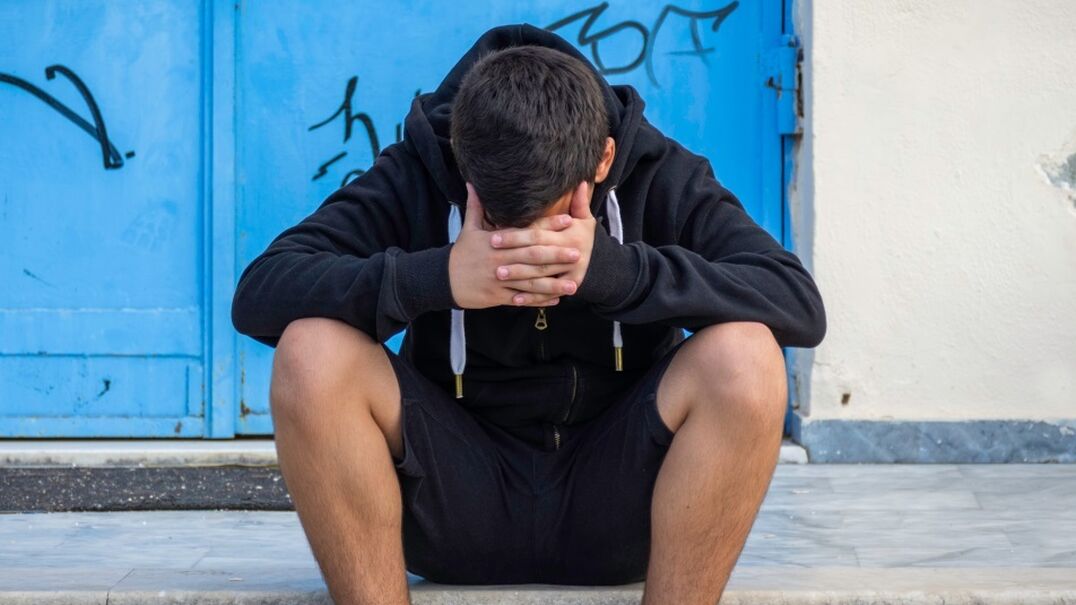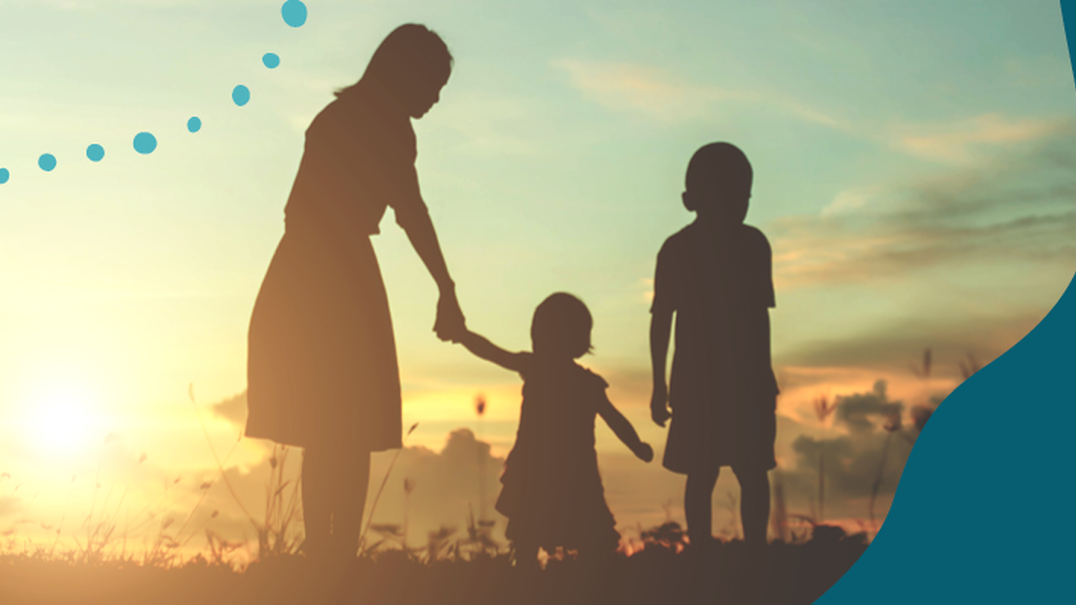Content warning: This article references suicide and family violence.
The fatal impact of family violence and how it contributes to young Australians’ deaths by suicide is downplayed and poorly recorded, hidden by other presenting issues such as harmful substance use, and missing from Australia’s response systems, advocate Tash Anderson and authors of a report released today reveal.
A teenager at the time of their brother’s death by suicide, Tash’s advocacy over almost a decade informed Missing Figures: The Role of Domestic and Family Violence in Youth Suicide, a report by Griffith University, Monash University, Melbourne City Mission (MCM) and Berry Street Y-Change uncovering how family violence risks are completely overlooked in Australia, including through youth suicide reporting.
Family violence is the leading cause of youth homelessness and death by suicide is the leading cause of death (accounting for 38 per cent of deaths) among 15–24-year-olds in Australia. Research estimates between one and two in four children and young people grow up experiencing adult family violence.
Despite this, young people’s deaths by suicide currently sit outside the family violence narrative. In Australia there are no national or state-wide specialist responses for young victim-survivors of family violence seeking help alone; who the paper highlights are more likely to be at greater risk of suicidal ideation and death by suicide if unsupported in early childhood development.
When the death of Tash’s then 18-year-old brother was investigated, they recall that family violence was “barely a factor” in the coroner’s final report, despite Tash and their siblings being placed in child protection and enduring life-long mental health conditions as a result of family violence and the system’s response.
The long-term repercussions of family violence never go away and I’m still supporting my [other] siblings… but now we’re looking at physical and mental disorders that are lifelong because the right support wasn’t there sooner.
As part of a national movement to recognise young victim-survivors of family violence in their own right, the report recommends, “Establishing a specialised service system for 12-to-24-year-old victim-survivors, evidence-based policy reform, and more information sharing between services including coroners to ensure histories of childhood trauma aren’t missed and their role in later life outcomes are recognised,” says report lead author Silke Meyer.
“The impacts of family violence on children and young people are being overlooked and downplayed through responses designed to address adult intimate partner violence,” report co-author Shorna Moore from MCM explains, “This failure to support young victim-survivors and link young deaths by suicide with the family violence they endured has fatal consequences and keeps the problem hidden.”
“If we want to prevent young deaths by suicide following family violence, leaders developing the first five-year Action Plan for Australia’s National Plan to End Violence against Women and Children must ensure the safety and service needs of young victim-survivors are included. Reverting this national shame is long overdue,” says report co-author Kate Fitz-Gibbon.
Tash urges other young people who wish to share their own experiences navigating systems relating to family violence and suicide to reach out to inform the next phase of a broader campaign for system and policy reform to effectively support young victim-survivors of family violence.
“This is only the beginning,” they explain, “You can get in touch with Griffith University, Monash Gender and Family Violence Prevention Centre, Melbourne City Mission or Berry Street Y-Change to work alongside us.”
About the report
Missing Figures: The Role of Domestic and Family Violence in Youth Suicide is a state of knowledge report examining current (Australian and international) evidence on the association between growing up with experiences of violence in the home and youth suicide, child maltreatment and youth suicide, the role of the child protection system, and the impact of other adverse childhood events.
About Y-Change
Berry Street’s Y-Change initiative is a social and systemic change platform for young people aged 18 to 30 with lived experiences of socioeconomic and systemic disadvantage. As Lived Experience Consultants, the team works to challenge the thinking and practices of social systems through advocacy and leadership.
If you or someone you know needs help, there are a range of services you can contact 24-hours a day, 7 days a week. If you're in immediate danger, call Triple-0 (000).
Photo by Alan Labisch on Unsplash



